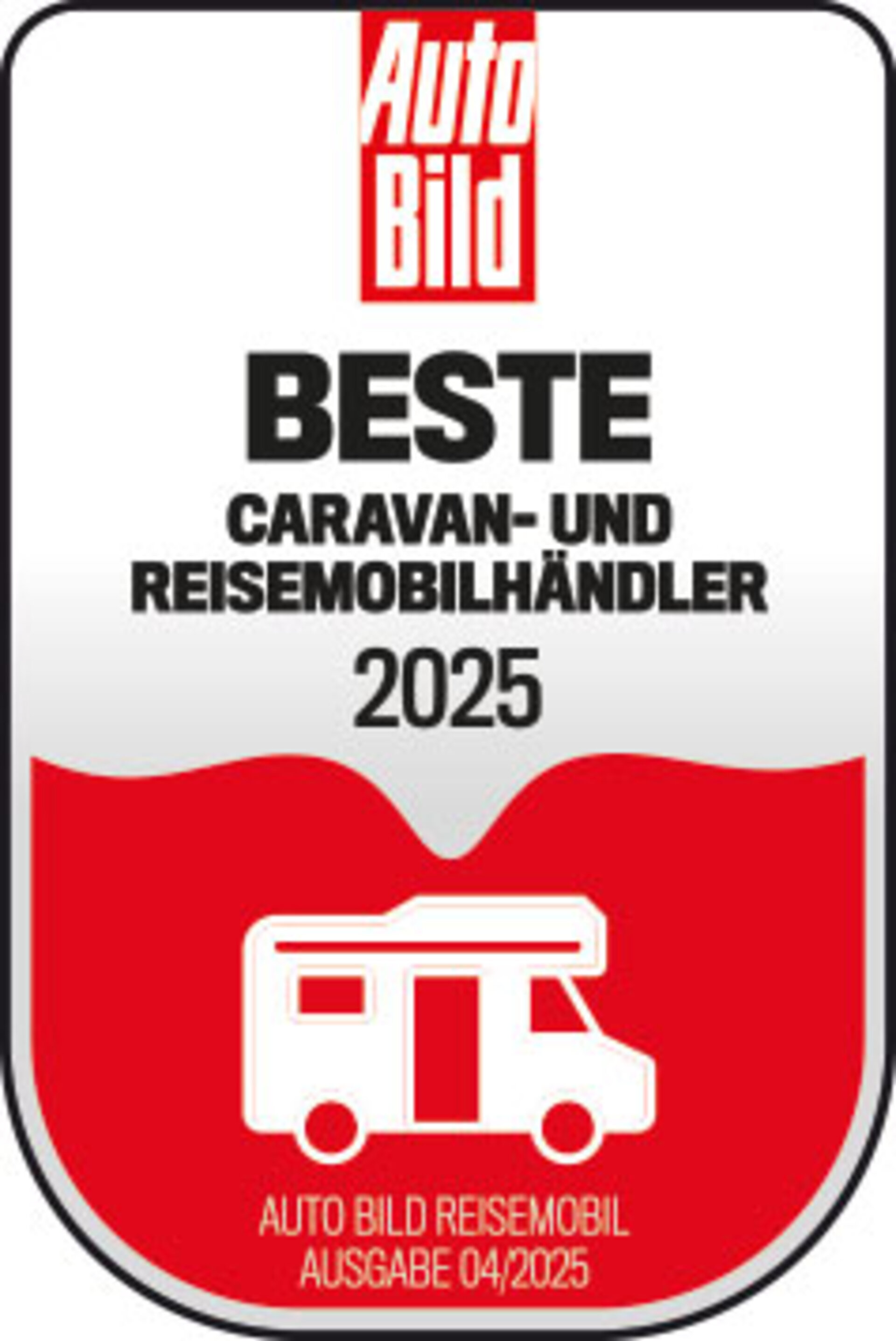These are your options
One of the easiest ways to use the internet in a motorhome is to use your smartphone as a mobile hotspot. Many modern smartphones offer this feature, which allows you to use your phone's mobile data network to provide an internet connection for other devices.
Many campsites and cafés now offer Wi-Fi networks that guests can use. These may be available either free of charge or for a small fee.
Another option is to use a special mobile router. These devices are designed to establish a stable Internet connection via the mobile network and can connect multiple devices simultaneously.
For those who rely on an internet connection even in remote areas, satellite internet is an option. This involves using a satellite dish to establish a connection.
Expenses
| Mobile hotspot | Depending on the tariff and data volume, approx. 10–50 EUR/month |
|---|---|
| Mobile router | Purchase price approx. EUR 50–300, monthly costs depending on tariff and data volume |
| Satellite internet | Purchase price approx. EUR 350–1,000, monthly fees approx. EUR 50–100 |
| Wireless networks | Often free of charge, sometimes a small fee of 1–5 EUR/day |

Advantages and disadvantages
Advantages:
Simple, inexpensive, no additional hardware required
Disadvantages:
Limited data volume, dependence on the provider's mobile network
Advantages:
More powerful signal processing, greater range, multiple devices simultaneously
Disadvantages:
Initial costs, additional SIM card required
Advantages:
Coverage even in the most remote areas
Disadvantages:
High acquisition costs, additional monthly usage fees
Advantages:
Often free or inexpensive
Disadvantages:
Limited availability, often slow connection
Conclusion & tips
Internet access in a motorhome is almost indispensable these days. There are many options available, from simple mobile hotspots to complex satellite solutions. Choosing the right option depends on your individual needs and budget. With the right preparations and tips, you can stay reliably online while on the road and enjoy the freedom of motorhome life to the fullest.

Our tips:
- Plan ahead:
Check the network coverage of your route and campsites in advance with your provider. - External antennas:
An external antenna can significantly improve reception and signal strength, especially in remote areas. - Local SIM cards:
When traveling in other countries, local SIM cards can often be a cheaper alternative. - Offline content:
Download movies, books, and maps offline to save data. - Security:
Use VPNs and secure passwords to protect your data. Public Wi-Fi is often insecure. - Save data volume:
Use restrictions and avoid data-intensive applications such as video streaming. Many apps offer the option to restrict data in the background.
With these tips and good planning, you will no longer have any problems with the internet in your motorhome.




